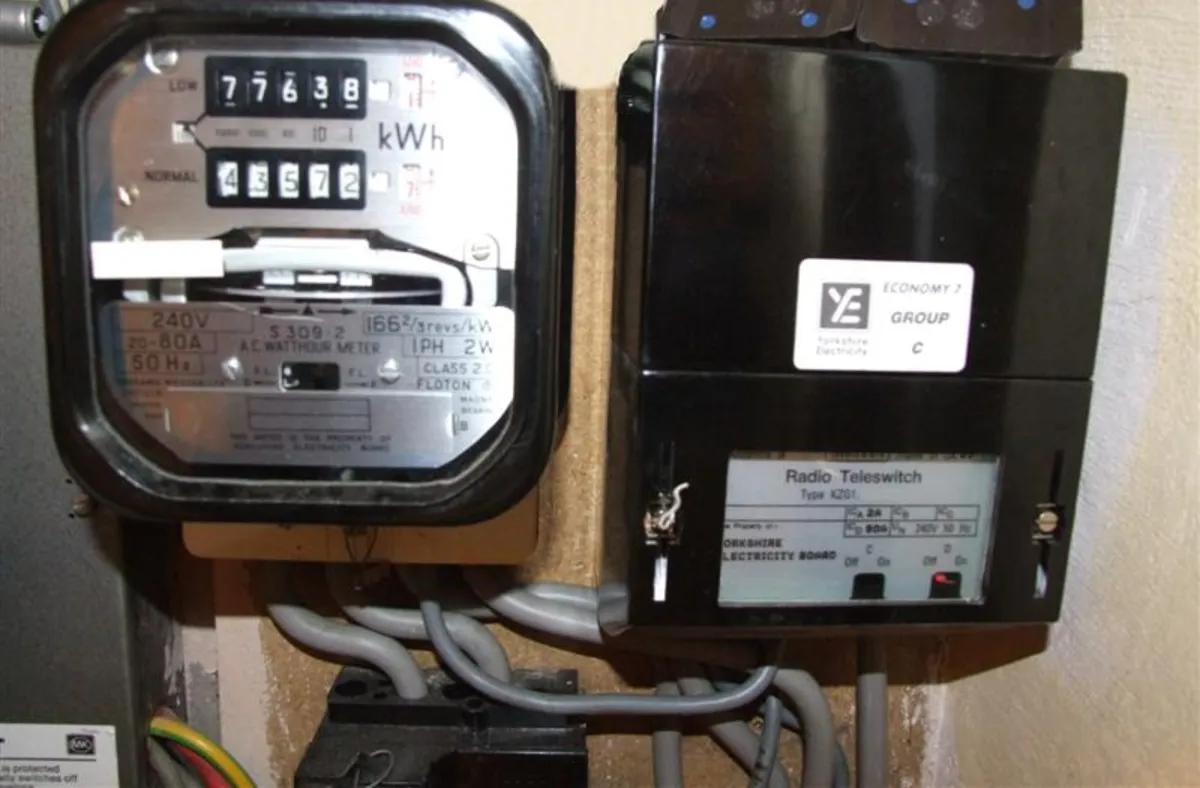
Radio signal broadcasts have played a vital role in communication and technology; however, many of these services are gradually coming to an end. This trend has significant implications for various systems that rely on these frequencies, including the UK's radio teleswitch system. As we prepare for the transition away from certain broadcasts, it becomes essential to understand the impact this will have on consumers and the technology involved.
Since the early 1980s, UK households have had the option to install electrical meters equipped with a radio teleswitch. These specialized switches were designed to receive a specific 198 kHz signal from the BBC's Radio 4 Long Wave service, which is primarily transmitted from the Droitwich Transmitting Station. The system was remarkably efficient, listening for up to 30 messages per minute to detect a particular 50-bit data packet that indicated a shift to cheaper, off-peak electricity rates. This allowed homes that subscribed to Economy 7 or Economy 10 tariffs to utilize storage heaters and hot water systems during off-peak hours, maximizing savings on their energy bills.
Unfortunately, the BBC's Long Wave transmissions are reaching their conclusion, a decision driven by both modern technological realities and the obsolescence of certain components. Specifically, the BBC relies on two rare, hand-crafted tungsten-centered cooled anode modulators (CAM) to maintain this service. Despite acquiring the global supply of these crucial valves, the BBC is now down to its last two. The corporation has been alerting the public about the impending end of Long Wave radio for nearly 15 years.
Efforts to remanufacture these valves have proven hazardous; any flaws could lead to catastrophic failures in the transmitters. Rebuilding the transmitter or transitioning to higher frequencies is not a viable option for the limited number of households that lack access to alternative lower-power radio or internet services, as stated by the BBC in an interview with The Guardian back in 2011. Additionally, keeping the Droitwich station operational requires 500 kilowatts of power, a demand that far exceeds that of most other BBC transmission types.
As of January 2025, approximately 600,000 UK customers will still be using RTS meters to manage their electricity switching, a significant drop from 300,000 who transitioned away in 2024. The utilities and the BBC have jointly decided that the service will cease functioning on June 30, 2025, encouraging remaining RTS customers to upgrade to smart meters. However, this transition comes with its own set of challenges. Over 4 million smart meters in the UK have reported issues, leading to erroneous charges for many customers, including a shocking £39,000 bill faced by Sir Grayson Perry due to multiple estimated bills.
The phase-out of older 2G and 3G networks has created complications for smart meters, which depended on these technologies for accurate readings. Without a coordinated effort to facilitate these transitions, many consumers find themselves stuck in a frustrating situation. As the UK moves toward modernizing its energy infrastructure, it's vital that all stakeholders work together to ensure that the shift from outdated systems to innovative solutions is smooth and efficient.
In conclusion, the end of the BBC's Long Wave transmissions marks a significant turning point for energy management in the UK. The transition to smart meters is essential, but it must be executed with care to avoid the pitfalls of the previous technologies. The future of energy management depends on how well these changes are implemented and communicated to the public.